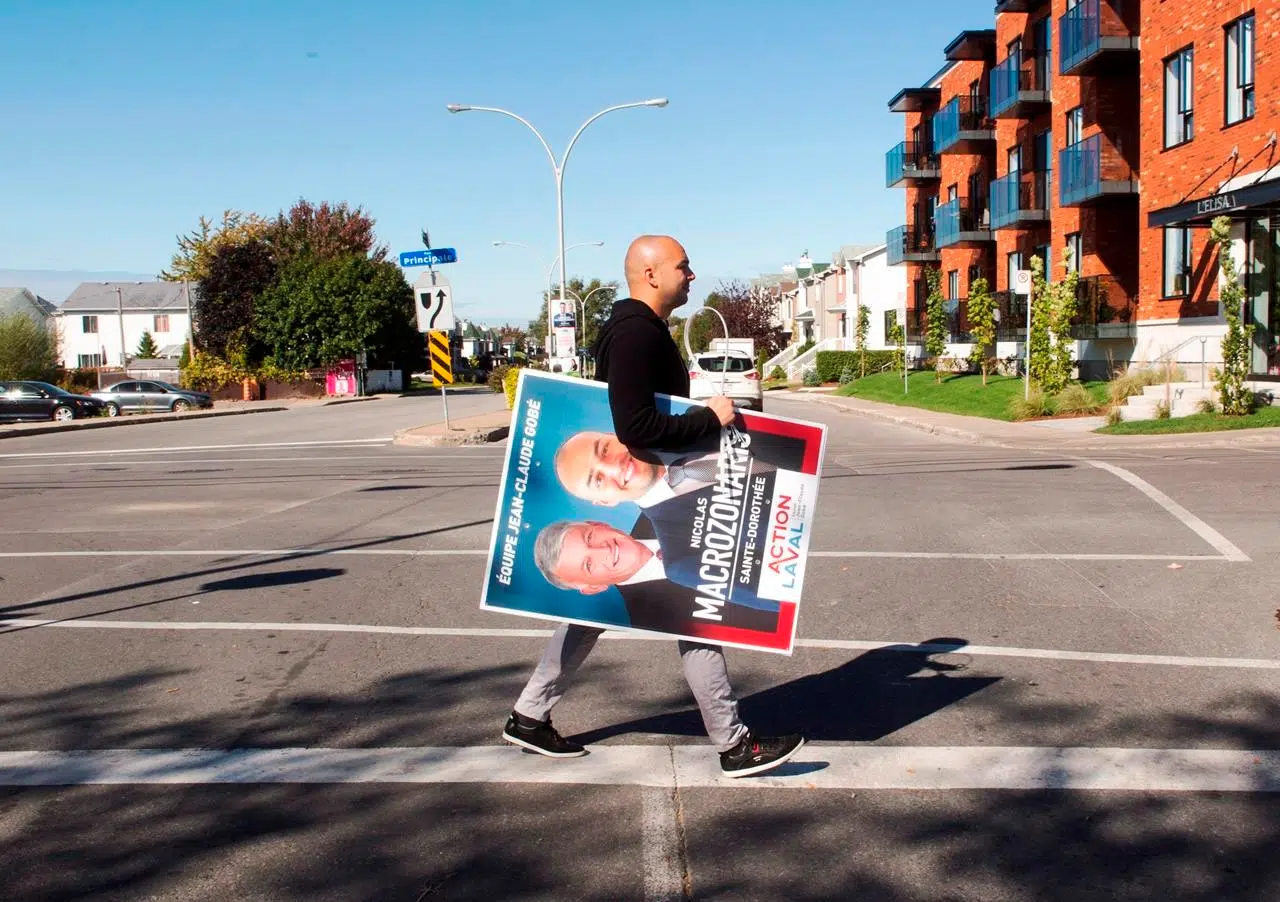
Former Canadian sprinter Macrozonaris still running, this time for public office
Nicolas Macrozonaris’s first car was a fluorescent green 1993 Ford Tempo that he bought for $800 and four pairs of Oakley sunglasses.
It was 2002, and the beginning of a rags-to-riches couple of years that saw the 22-year-old become one of the world’s top sprinters.
Macrozonaris had spotted the car with a “For Sale” sign in the window at a Montreal corner store. The owner was asking $2,200. Macrozonaris didn’t have it. In need of wheels to get to and from training, he offered to sweeten the deal with a few pairs of sunglasses from Oakley, one of his first sponsors.
“We met, and he starts trying on these glasses. Some are super extreme, you know the skater, crazy, fluorescent glasses. And he’s like 65, and he put them on and he looks crazy. And he looked at me and asked ‘How do I look?’ I said ‘You look great, man,’” Macrozonaris said, laughing.
